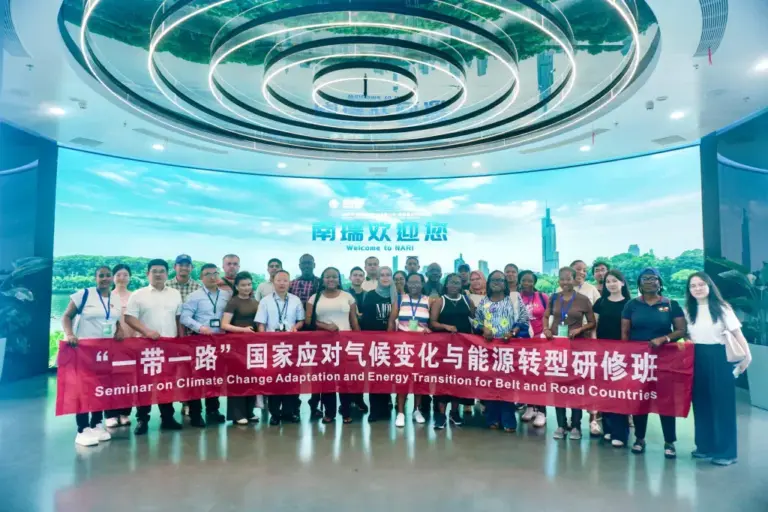Nigeria is preparing to host the Nigeria International Lighting Expo (NILE) 2025 in Lagos from September 17–19, an event that goes beyond trade exhibition to highlight the country’s ambitions in energy transition and its growing partnership with China.
Organised by Zhongsheng International Business (Zhongshan) Co. Ltd., the Expo will spotlight the theme “Zero-Carbon Lighting: Supporting Nigeria’s Energy Transition Goals,” aligning directly with the federal and Lagos State government’s agenda to push renewable, energy-efficient solutions across urban infrastructure.
With nearly 100 international exhibitors — including brands like C-TORCH, AKT, VELLMAX, BLUE CARBON, and VANGE SOLAR — and more than 5,000 buyers and professionals expected, the three-day event is set to be one of Africa’s largest showcases of low-carbon technology.
Beyond product displays such as solar-powered lighting, LED systems, intelligent displays, and precision testing equipment, the Expo is being framed as a strategic platform. According to Lisa Lin, general manager of Zhongshan, the exhibition will not only strengthen Nigeria’s lighting industry but also make Lagos a gateway for global investors eyeing African markets.
For Lagos State, the event is a chance to show progress. Emmanuel Akintubosun, senior special assistant to the governor on energy, pointed to projects like solar street lights and smart lighting systems as proof of commitment. He called for deeper collaboration with global manufacturers to scale innovation.
The geopolitical undertone was underscored by Xu Fan, commercial affairs director at the Chinese Consulate in Lagos, who tied the Expo to Beijing’s wider trade and diplomatic goals. He noted that China is prepared to extend zero-tariff treatment and pursue an economic partnership agreement with Nigeria, calling it a pathway to deepen the China-Nigeria strategic partnership and build “a community with a shared future.”
With Nigeria producing surging demand for affordable, sustainable energy solutions, the Expo represents more than a trade fair — it signals how technology, commerce, and diplomacy are converging to shape the country’s role in Africa’s low-carbon transition.

